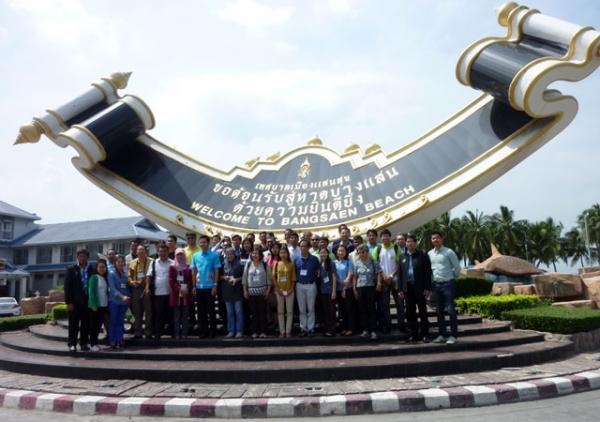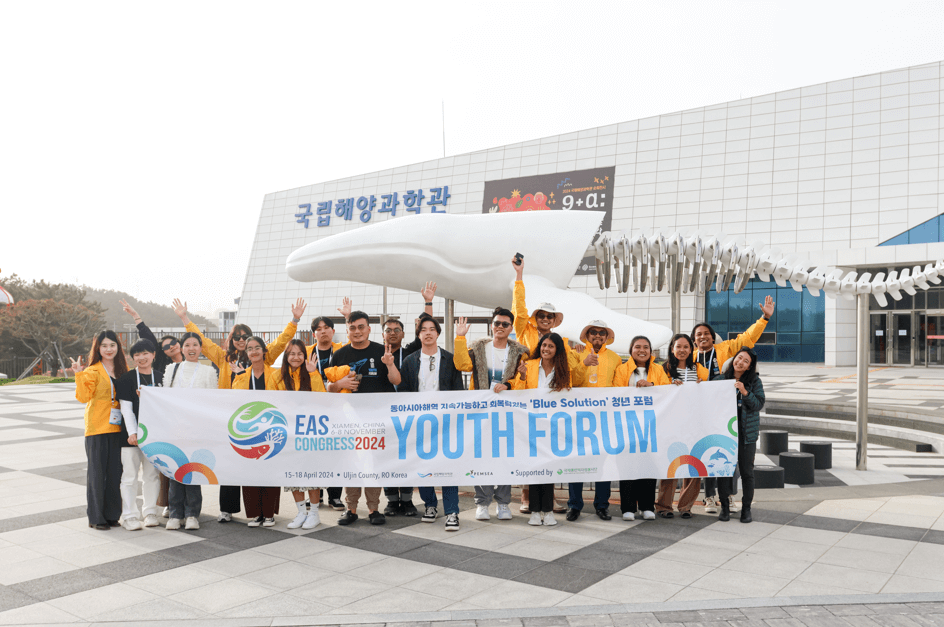PEMSEA Shares 20 Years of Experience with the BOBLME Project
Thursday, 20 November 2014

Chonburi, Thailand — A training workshop on Integrated Coastal Management (ICM) for the Bay of Bengal Large Marine Ecosystem (BOBLME) Project was co-organized by the BOBLME Project Office and the PEMSEA Resource Facility from October 20-24, 2014 in Chonburi, Thailand. The training was aimed to upgrade ICM knowledge and understanding of 25 middle level and junior level personnel from BOBLME countries, namely: Indonesia, Malaysia, Myanmar and Thailand. The five-day training consisted of classroom sessions, workshops and a field visit to ICM initiatives of the municipalities of Saensuk and Laem Chabang. Mr. Vitaya Khunplome, Chief Executive of the Provincial Administration Organization of Chonburi graced the opening ceremony. In his opening message, he emphasized that a key contribution of the ICM program to marine and coastal management in Chonburi was the establishment of a coordinating mechanism which enabled local governments and various stakeholders to collaborate in addressing issues and concerns affecting their coasts and marine resources. He further stressed the importance of local government commitment to implementing the common strategy and action plans in terms of allocation of financial, human and material resources. The field visit to Saensuk Municipality provided the participants an opportunity to meet and interact with stakeholders, particularly with Mayor Narongchai Khunplome who has shown his leadership and strong commitment to ICM implementation. Mr. Narongchai underlined the importance of scientific support in the implementation of management programs. In his presentation, he indicated that various options for an integrated coastal erosion management program were developed through the conduct of scientific studies. These studies also helped in obtaining support from various stakeholders. Considering the small budget of the local government, additional funding sources were tapped from national government agencies and from the private sector. Participants recognized that an ICM program should obtain local government commitment and should provide an enabling mechanism to promote partnerships among various stakeholders. Leadership was recognized as an important element in ICM implementation.



